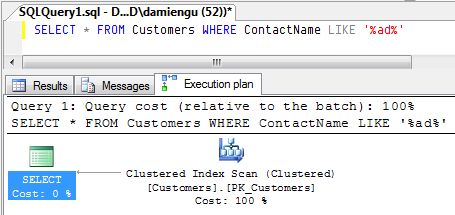9 blog posts tagged Entity Framework

C# 14 breaks LINQ - how to work around it
Now that .NET 10 and C# 14 are out lots of people are finally realising that C# 14 and .NET has broken them - and quite badly.

Transactions in the MongoDB EF Core Provider
Database transactions ensure that multi-record (or in our case multi-document) operations either all succeed or all fail together.

Queryable Encryption with the MongoDB EF Core Provider
MongoDB's Queryable Encryption lets you encrypt sensitive database fields while keeping them searchable. Unlike traditional encryption-at-rest that renders data unreadable to the database, queryable encryption supports equality and range queries on encrypted fields without requiring decryption first.

Lazy Loading with EF Core Proxies
With the Microsoft.EntityFrameworkCore.Proxies NuGet package you can use to traverse navigation properties. This is often preferable to joins and includes such as when using one-to-many or only exploring a subset of the navigations based on client-side logic or for providers that don't support include yet.

Optimizing Sum, Count, Min, Max and Average with LINQ
LINQ is a great tool for C# programmers letting you use familiar syntax with a variety of back-end systems without having to learn another language or paradigm for many query operations.

SQL Server query plan cache – what is it and why should you care?
SQL Server like all databases goes through a number of steps when it receives a command. Besides parsing and validating the command text and parameters it looks at the database schema, statistics and indexes to come up with a plan to efficiently query or change your data.

Multiple outputs from T4 made easy – revisited
My multiple outputs from t4 made easy post contained a class making it easy to produce multiple files from Visual Studio’s text templating engine (T4).

Client-side properties and any remote LINQ provider
David Fowler on the ASP.NET team and I have been bouncing ideas about how to solve an annoyance using LINQ:

LINQ to SQL next steps
There has been a flurry of posts and comments in the last 24 hours over the future of LINQ to SQL so I thought it would be interesting to provide some information on what the LINQ to SQL team have been up to and what we’re working on for .NET Framework 4.0.